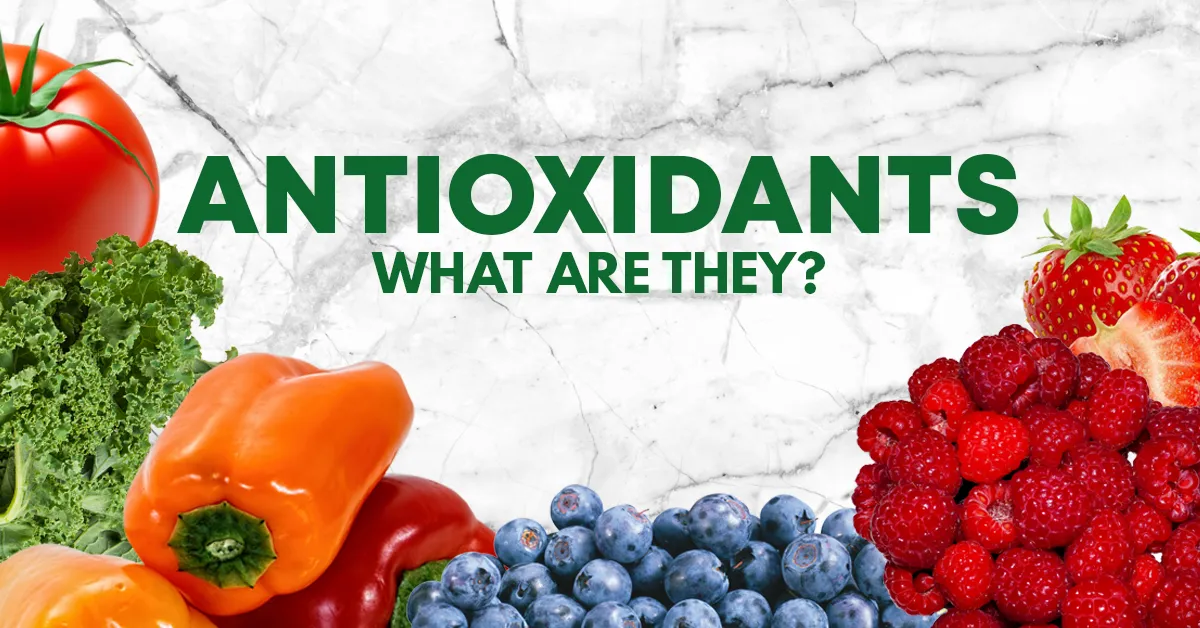Antioxidants are a category of nutrients that help protect your cells from damage. Vitamins C and E are examples of nutrients that are antioxidants.
Foods high in antioxidants are great choices for protecting your immune system.
What Foods Contain Antioxidants?
The following nutrients are some of the most popular examples of antioxidants:
– Vitamin A, C, and E
– Beta-Carotene
– Lutein
– Lycopene
– Selenium
Foods that contain one or more of the above nutrients are particularly good sources of antioxidants:
– Kale (for vitamins E and C as well as beta-carotene
– Tomato (for Lycopene and beta-carotene)
– Blueberries (vitamins A and C)
– Strawberries (anthocyanin, an antioxidant that gives strawberries their red color)
– Raspberries (vitamin C, quercetin, and ellagic acid)
– Bell peppers (vitamin C)
– Nuts, specifically tree nuts, walnuts, pecans, and chestnuts
Many more foods contain antioxidants, including other antioxidants not listed above. The important takeaway is how varied the list is. There are vegetables, fruits, nuts, and more that all contain antioxidants. Black coffee is even a source of antioxidants!
Often a food’s natural color can be a hint it contains an antioxidant. Foods that are red, orange, yellow, or green are the most common to contain antioxidants.
What are Free Radicals?
Your body constantly forms free radicals which are unstable cells that move around the body, potentially damaging cells. A free radical does not have a balanced number of electrons, so it will “steal” electrons from cells elsewhere in the body.
How do Antioxidants Balance Free Radicals?
Antioxidants are unbalanced like free radicals, but rather than steal an electron, they will instead pair with a free radical to put it in balance. Paired with an antioxidant, a free radical no longer needs to steal an electron from another part of your body.
Damage caused by free radicals has been associated with cancer, autoimmune disease, cataracts, heart and cardiovascular disease, aging skin, and more. This is why managing your free radicals with antioxidants is beneficial.
Does Cooking Affect Antioxidant Levels?
Some foods, particularly berries, have higher levels of antioxidants in their raw form. Others have more available antioxidants after cooking – such as tomatoes or carrots.
Cooked or uncooked depends on the food, but either way, eating a variety of antioxidant rich foods is the best way to have a well-rounded diet.
Can you Supplement Antioxidants?
Many of the antioxidant nutrients mentioned above (like vitamins A, C, and E) are available in supplement form. While there are plenty of food options for you to consume antioxidants naturally, but in some situations a supplement may be necessary.
All of the antioxidant nutrients have other benefits themselves. Your provider may recommend one of these supplements to you if you have a specific health reason to do so.


